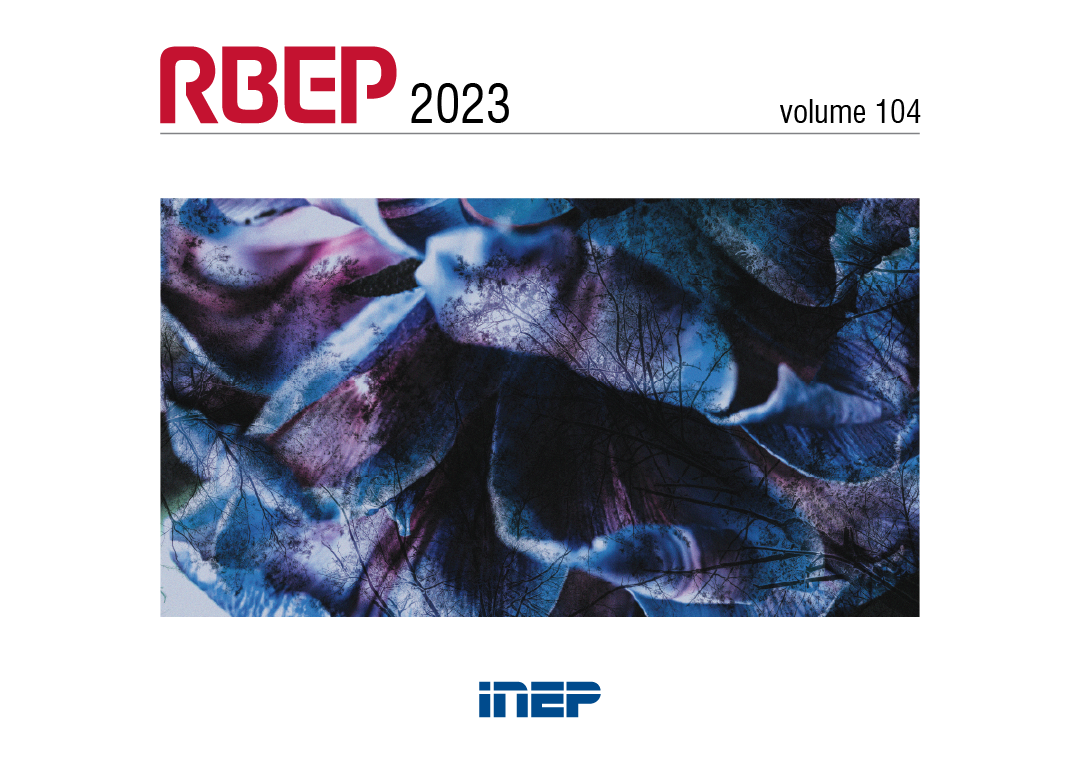Pedagogical mediation and intellectual disability: a case study regarding literacy with the use of Alternative Communication
Abstract
Literacy levels among students with intellectual disabilities still need to improve, both in the field of research and in its pedagogical practice, since we currently find many students with intellectual disabilities still illiterate, and there is often no direction for the processes involved in learning. The highlighted aspects justify the carrying out of the study mentioned here. The objective of the research was to identify the researcher's mediation strategies for the literacy process of a child with intellectual disability, using resources found in Augmentative and Alternative Communication (AAC). We opted for a case study supported by the methodological approach of an intervention research; while a qualitative approach aided in a greater understanding of the phenomena in the natural context of the classroom. Empirical research was carried out in a public school located in Recife, Pernambuco. The following methodological procedures were used: planning of the interventions and the pedagogical interventions themselves, applied with Alternative Communication resources. As participants, we had a child with intellectual disabilities in Elementary School; the regular classroom teacher; and a School Development Support Agent. In view of the findings, we consider that the researcher's pedagogical mediation was of paramount importance in the process of literacy of children with intellectual disability.
Downloads
Copyright (c) 2023 Brazilian Journal of Pedagogical Studies

This work is licensed under a Creative Commons Attribution 4.0 International License.
Once their work is accepted for publication, author’s copyrights are automatically relinquished to the National Institute for Educational Studies and Research Anísio Teixeira (Inep).
Since 2016, the journal Revista Brasileira de Estudos Pedagógicos (RBEP) uses the licence CC-BY.
Partial or total reproduction of the content of this Journal is permitted provided that the original publication is properly referenced, as well as a link to license CC BY 4.0 and to indicate any possible alterations made to the article.




















